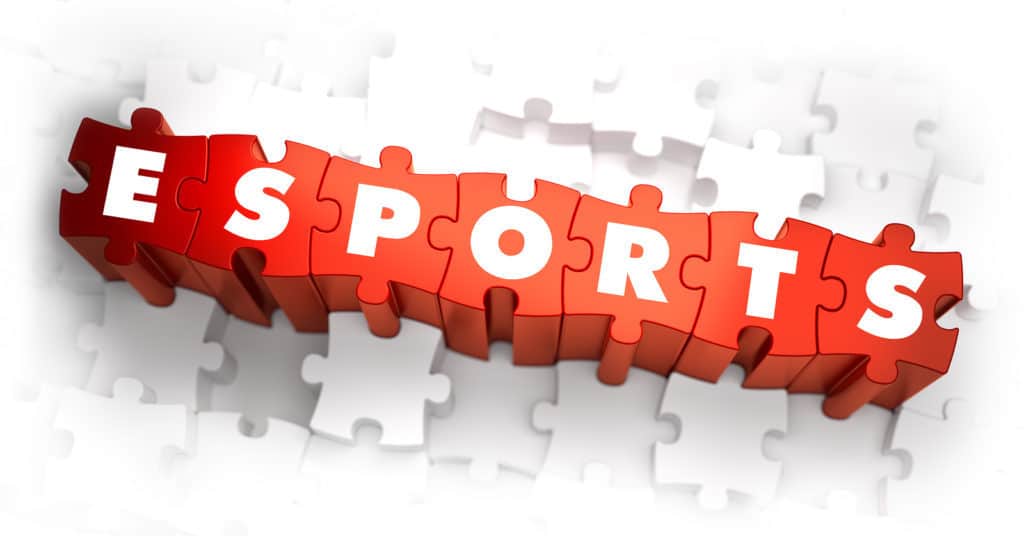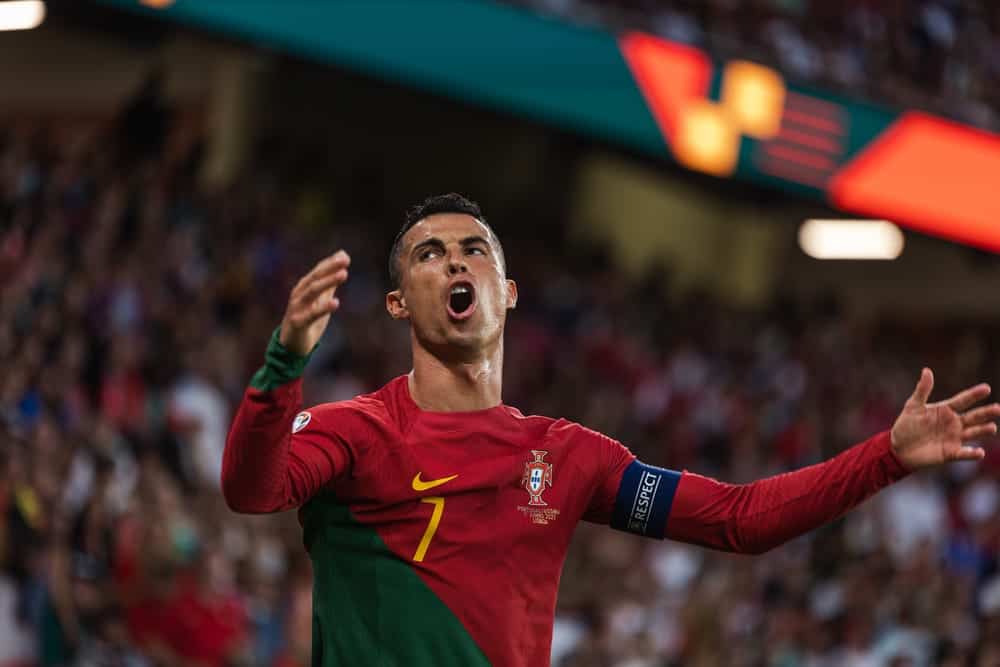The French government has passed a legislative decree that regulates eSport player contracts in the country.
The decree is related to the Bill for a Digital Republic, introduced two years ago. The Bill for a Digital Republic would extend the French labor code to apply to professional gamers and would require teams to provide players based in France with healthcare.
The decree gives eSports a clear definition and a distinction from gambling, which it has been associated with in the past.
The legislation does a few important things. It defines eSports players in France as athletes, and also defines eSports players as individuals who compete – in exchange for money – in an association, league or a tournament run by a Digital Ministry approved company.
Because players are defined as athletes, they may contribute taxes towards pension plans and social nets.
In addition to providing a clear definition of what an eSports player is, the legislation also defines what eSports contracts must entail in France.
Contracts must be valid for a minimum of one year and a maximum of five years. Exceptions may be made for substitute players. Contracts must also be temporary. In other words, players cannot sign indefinite contracts.
The decree also prohibits children under the age of 12 from participating in monetized events and tournaments.
While brief, this is the first legislation by a European government related to the eSports industry. The decree may pave the way for neighboring countries to adopt similar protections for players.
Some parts of Asia are already ahead of Europe in regards to eSports regulation. The South Korean government has established KeSPA, a government agency that regulates the eSports industry.
KeSPA has been operating since 2000, when the South Korean Ministry of Culture, Sports and Tourism approved the agency. The mission is to “make eSports an official sporting event, and to solidify the commercial position of eSports in all sectors.”
The agency currently manages 25 eSports in South Korea.
France in 2016 unveiled its plans for its own eSports federation, which would be in charge of regulating provisions in the decree. The country is also home to the Electronic Sports World Convention (ESWC), which regularly hosts tournaments.
The decree is a first step toward implementing greater player protections. Although the eSports industry is still in its infancy, many players have complained of contract issues. These basic regulations will give players some protection and provide all parties with legal recourse should there be a breach of contract.



